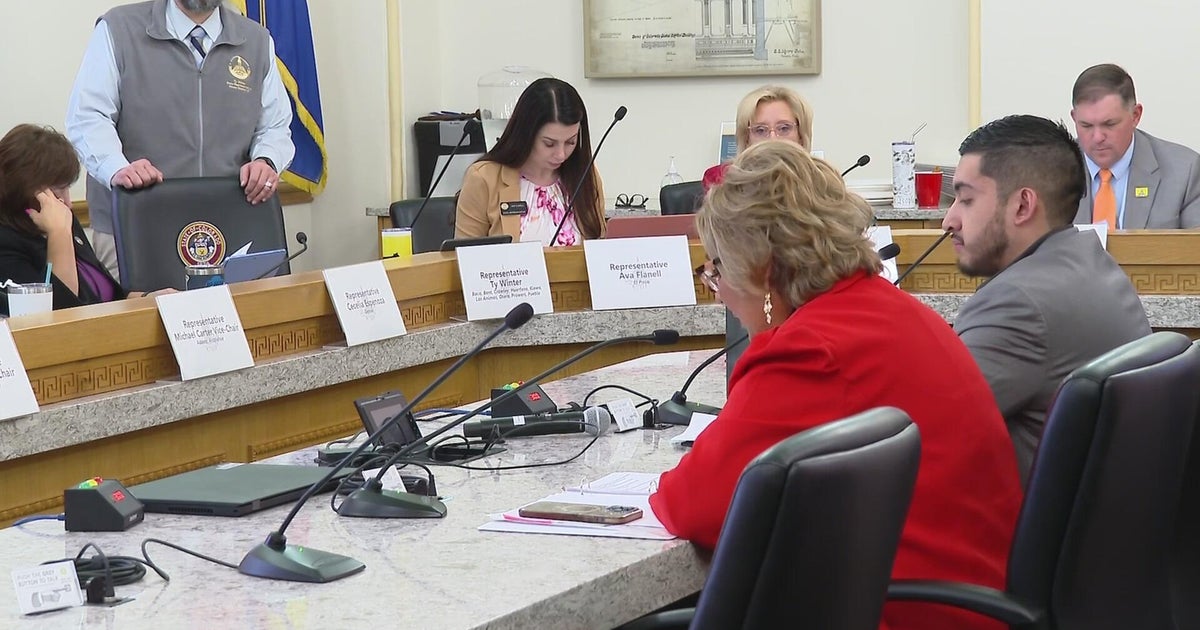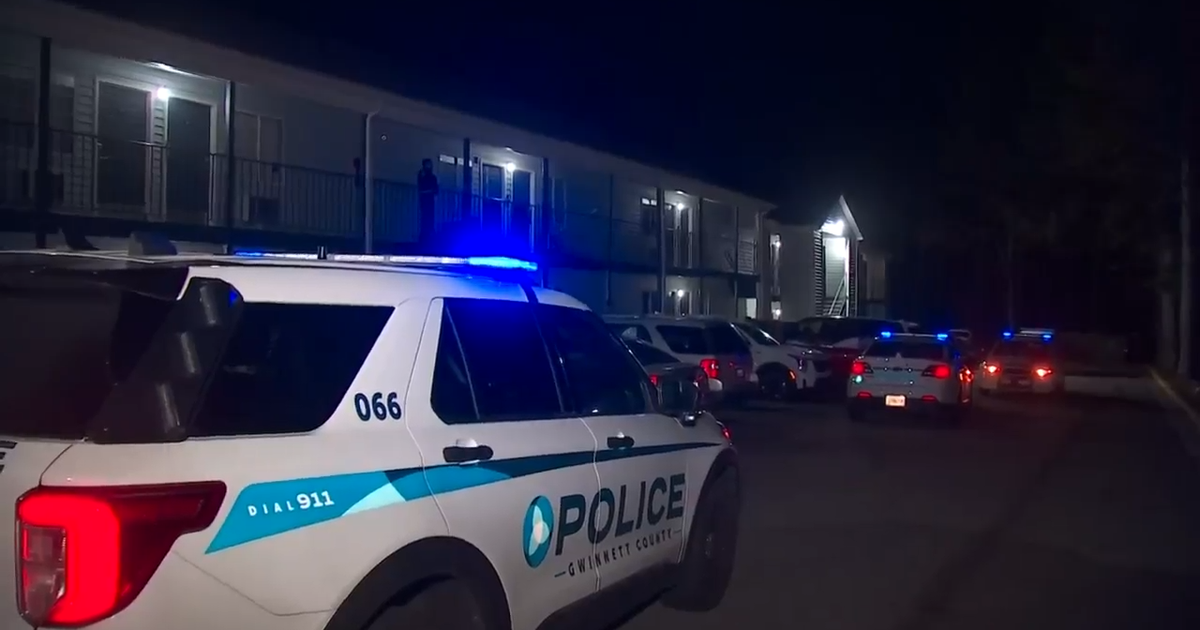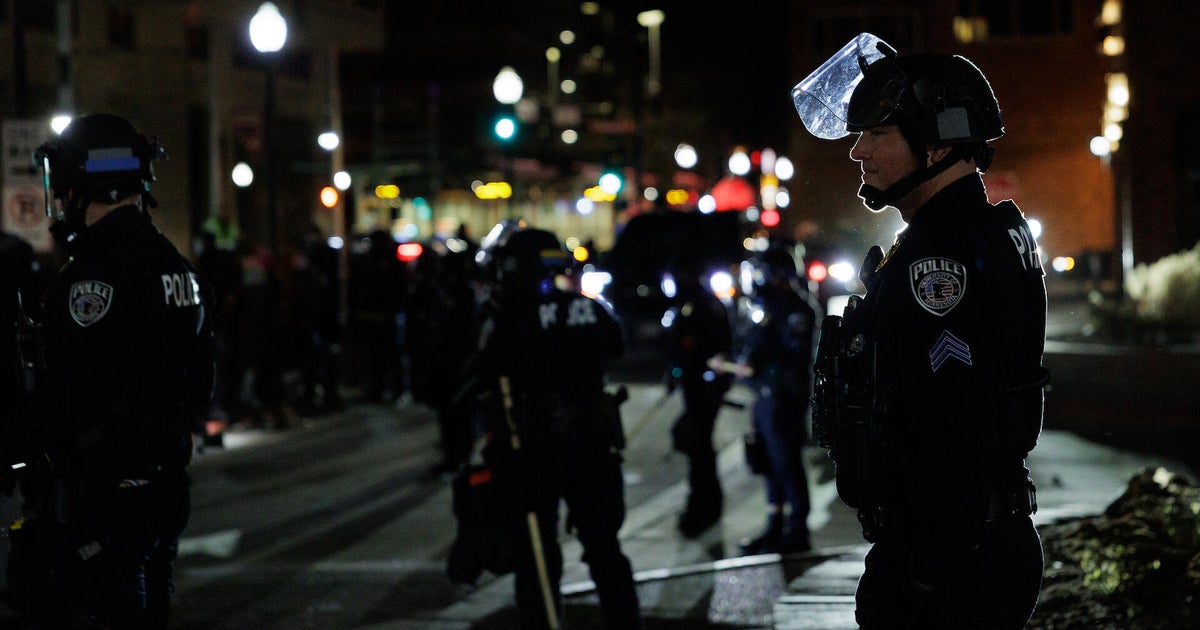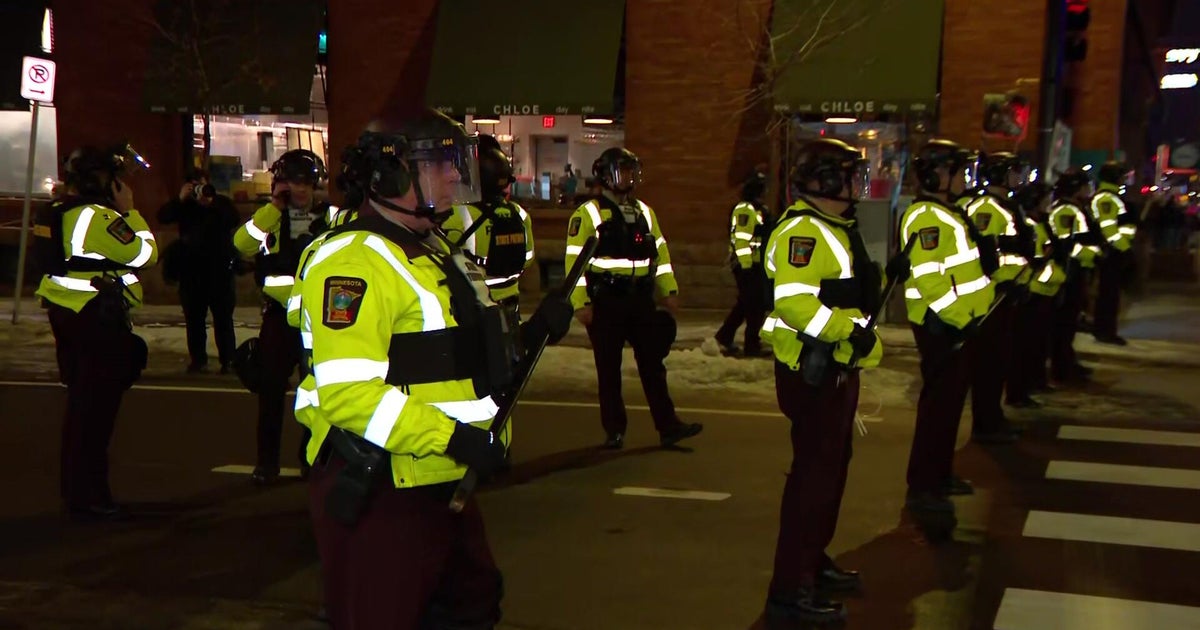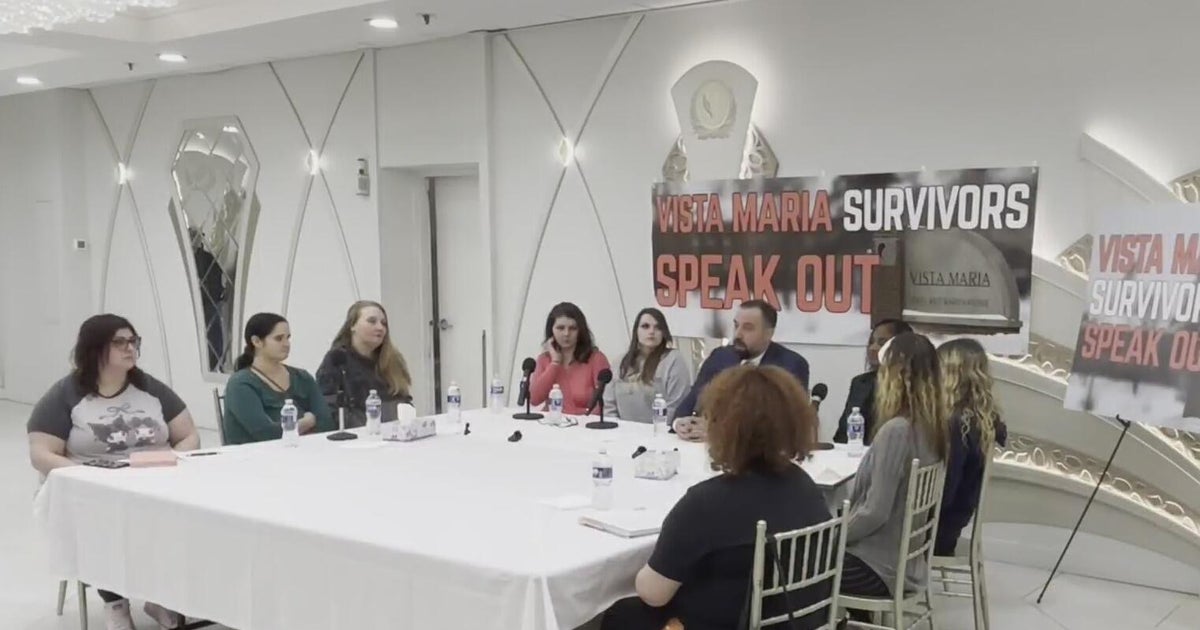Pregnant NYCHA resident trying to flee abuser says she's waited over a year and a half for agency to transfer her
NEW YORK -- There is a crisis for domestic violence victims living in NYCHA housing.
The agency says there is a backlog of nearly 2,000 residents waiting for emergency transfer requests, fearing for their own safety.
One victim, who did not want to be identified, shared her story with CBS2's Lisa Rozner.
"I was attacked again, and this time I was stabbed," she said.
It is hard to hear about the nightmare this pregnant NYCHA resident has gone through to stay away from her abuser. The mother is staying in a hotel with her five young daughters after waiting more than a year and a half for NYCHA to transfer her to another unit.
"They had me on the waiting list, and it's supposed to be no more than three months," she said.
She added, "It's like I'm in immediate danger there and I'm still not getting no help."
The nonprofit We All Really Matter (WARM), based in Harlem, is helping the family with shelter, clothes and food. It's a story founder Stephanie McGraw, a survivor herself, says she hears all the time.
This week, NYCHA revealed at a public housing committee hearing that there are 2,330 pending emergency transfers, and of those, 76% are victims of domestic violence.
"Unfortunately, the way the system is designed, it keeps women in danger," McGraw said.
At the hearing, NYCHA officials told the council committee the transfers are being held up because the slow turnover of offline, vacant units.
It blamed staffing shortages and underfunding over the past year, and now the agency is even proposing cutting funding for its Vacant Readiness program, which contracts out work to speed up the process of getting vacant apartments ready.
"What is NYCHA doing to improve the performance of transfers?" asked Councilwoman Alexa Avilés, chair of the Committee on Public Housing.
"We understand how important those transfers are to these residents that are experiencing violence," a NYCHA representative said.
Avilés says NYCHA couldn't provide average wait times for domestic violence victims or solutions to help.
"It's infuriating, and NYCHA did not have a good explanation around why it had so many vacant units," Avilés said.
"Is there anything that you can do about it?" Rozner asked.
"NYCHA is actually a state entity, so my oversight authority has significant limits," Avilés said.
But she says she will follow up with the agency in meetings, and so will WARM, who plans to go to NYCHA offices Friday with another victim who has been waiting a year for a transfer.
The nonprofit has a wall dedicated to victims who've lost their lives to domestic violence. It hopes NYCHA treats this issue as a matter of life or death.
We followed up with NYCHA to ask what specifically was being done to get domestic violence victims transferred sooner. A spokesperson referred us to a statement which said in part:
"Emergency Transfers, including reasonable accommodations and victims of domestic violence, have a high priority or priority over other transfers, with limited exceptions. NYCHA will act as quickly as possible to transfer eligible tenants to a new apartment; however, the timing is determined by the availability of an apartment based on the tenant's family composition transfer preferences and priority, the size of NYCHA's waiting list, turnover rate, and the availability of vacant apartments."
As for the Vacancy Readiness program it plans to cut funding for, a spokesperson said, "NYCHA has worked collaboratively with the City to scale the available funding to the work production timeline. There is no headcount reduction associated with this program and funding availability has not affected the rate at which apartments are turned over."

